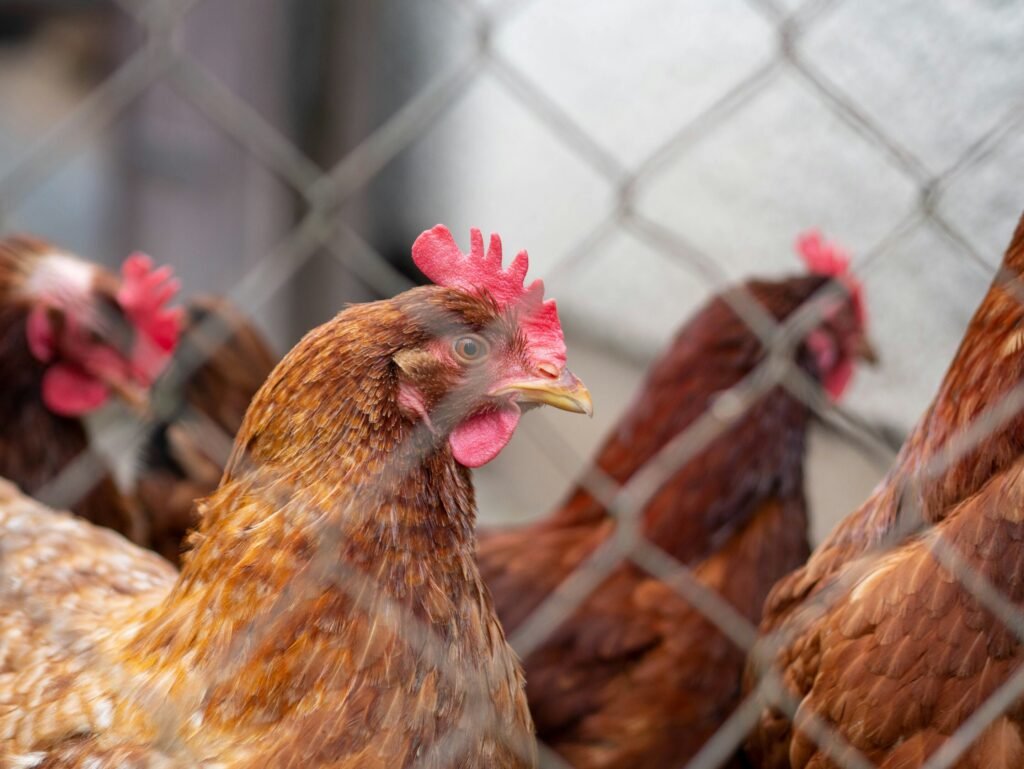A recent study conducted by researchers from Utrecht University has revealed a concerning discovery about the bird flu virus. The study found that a variant of the bird flu virus collected in 2016 was just one mutation away from being able to bind to human receptors. This finding highlights the potential for certain bird flu strains to cross over to humans and potentially trigger a pandemic.
The variant of the virus currently circulating does not have the ability to bind to human receptors. The study, published in PNAS and Nature, was led by researchers Robert de Vries and Geert-Jan Boons. Viruses use receptors found on the surface of cells to attach and enter those cells. Different animal species have different types of receptors, so for a virus to infect humans and spread from person to person, it must be able to bind to human receptors.
Bird flu viruses, particularly those of the H5N1 subtype, can be highly pathogenic and cause severe illness. While bird flu viruses have crossed over from birds to mammals in the past, they have not yet crossed over to humans. However, in rare cases, individuals may become ill after close contact with infected animals.
The study conducted by De Vries and his team aimed to understand how much bird flu viruses would need to change in order to bind to human receptors. They examined two bird flu variants collected in 2016 and found that one variant required several modifications, while the other needed just one mutation to bind to human receptors.
Although the variant that was one mutation away from binding to human receptors is no longer in circulation, the researchers examined whether the avian flu variant currently circulating in American cattle could bind to human receptors. The study published in Nature showed that the virus does bind to bird receptors but not to human receptors.
While the situation is not yet classified as “Code Red,” De Vries emphasizes the importance of closely monitoring the virus and testing any new variants. He warns that if the virus continues to evolve, it could pose a significant threat. The researcher also points out the need for proper monitoring of the virus, as the spread to Europe is not a matter of if, but when.
De Vries stresses the importance of taking proactive measures to prevent further evolution of the virus. He highlights the need for vigilance in monitoring and testing new variants to prevent potential outbreaks. The researcher also calls attention to the impact of intensive livestock farming on the spread of viruses and the need for more sustainable practices in animal agriculture.


